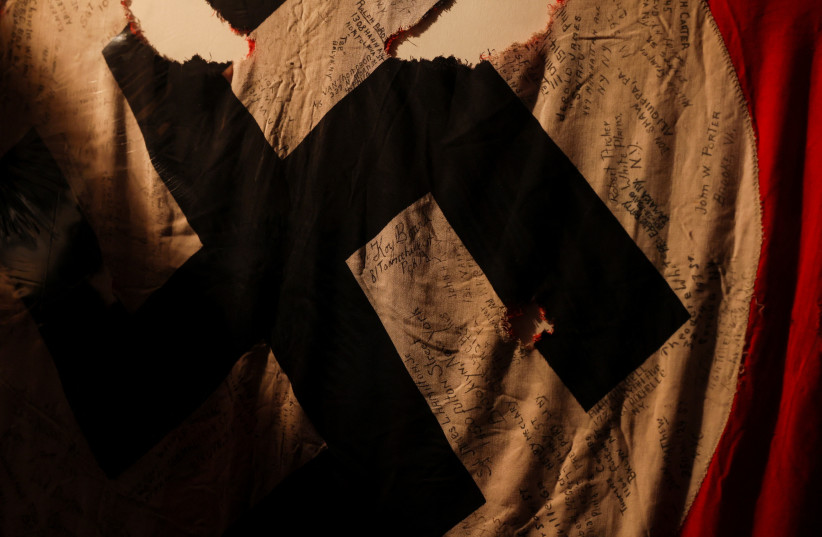An auction house in Maryland was not shy about the World War II “artifacts” that they will be auctioning off, the auction house ended up selling a watch that belonged to Hitler for $1.1 million. Despite the objections of the Jewish community, the auction house auctioned it off alongside a few other Nazi memorabilia.
With the rise of antisemitism and Holocaust deniers, it comes as no shock that Nazi memorabilia is being sold at auction houses for very high prices.
While Maryland is the fourth state with the highest Jewish population in the United States — containing almost 4% of Jews in the country — the state experienced a 17% increase in antisemitic crimes in 2021
The sale of the Huber watch was at the Alexander Historical Auctions in Chesapeake City, MD. The auction house said that the watch was given to Hitler on his birthday in 1933 and then seized by a French soldier in 1945 from his vacation home in the Bavarian Alps.
The watch was auctioned off as a part of a catalog that also had a blue dress that belonged to his wife, Eva Braun and signed pictures and correspondence of Nazi officials, according to the Washington Post.

Auction
34 Jewish leaders signed an open letter sent to the auction house, stating that they were overriding the “memory, suffering and pain of others” for financial gain.
The letter also says that the auction is doing one of two things: “giving succor to those who idealize what the Nazi party stood for” and “offering buyers the chance to titillate a guest or loved one with an item belonging to a genocidal murderer and his supporters.”
In a phone call interview with the Washington Post, the president of the Alexander Historical Auctions Bill Panagopulos, said that although he appreciated the letter, he found it frustrating. He also said that the anonymous buyer was a European Jew.
The auction house spoke to the German press before the auction stating that everything they are selling from World War II is meant for historical preservation. A majority of the items end up in private collections or donated to Holocaust museums.
Ariella Roitman contributed to this post
